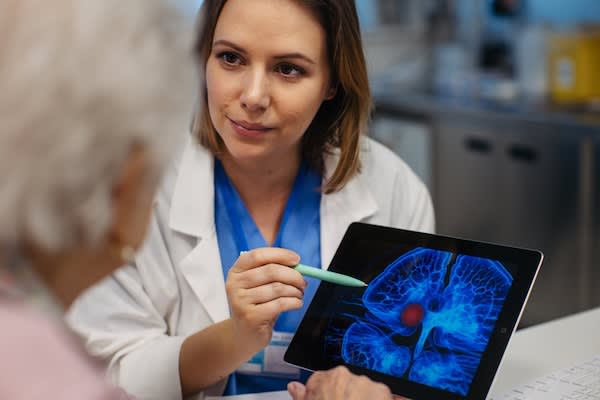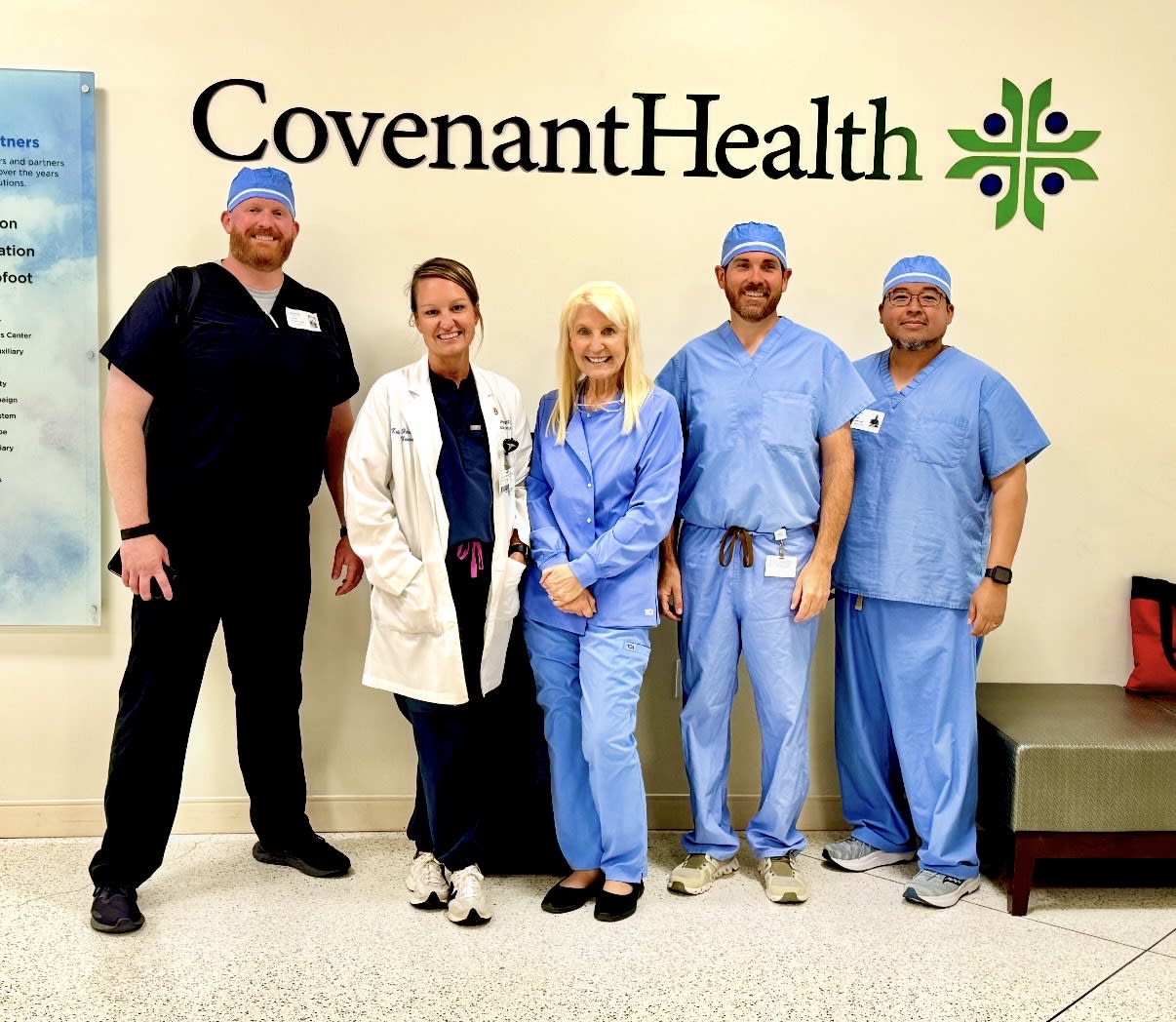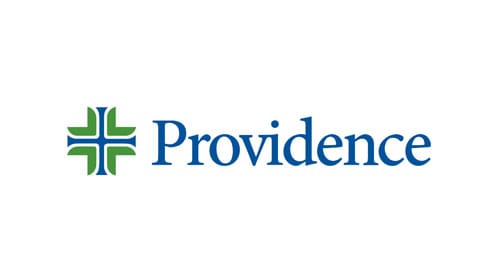Treating Brain Aneurysms
Whether you need life-saving emergency surgery or ongoing care for an aneurysm, you’re in the most capable hands with the neuroscience experts at Providence.
Why Choose Us for Your Brain Aneurysm Care?
We provide fast, precise treatment for our patients with aneurysms and are with them every step of the way as they recover. Learn more about why so many trust us with care for an aneurysm.
How Our Doctors Are Making a Difference
When Amber Matranga experienced a serious aneurysm, our doctors saved her life using a coiling procedure, and our physical therapists helped her regain her strength and coordination. Today, she has her life back.
More About Brain Aneurysms
A brain aneurysm is a weak spot in a blood vessel in the brain that can bulge like a balloon. If an aneurysm bursts, it can cause bleeding that can be life-threatening and require emergency surgery to save the patient’s life or prevent brain damage and disability. Types of brain aneurysms include:
- Fusiform aneurysm
- Mycotic aneurysm
- Saccular aneurysm
Testing and Diagnostics

Your neurological team will use advanced technology to diagnose your aneurysm. This may include one or more of the following:
- Catheter angiogram
- CT imaging
- Computerized tomography angiogram (CTA)
- Magnetic resonance angiogram (MRA)
- MRI
Personalized Treatment for Brain Aneurysms
No two patients are the same. This is why your neurologic care team works with you to create a treatment plan based specifically on your aneurysm and any other health conditions you may have. Your treatment may include open surgery or a minimally invasive procedure. If you have a small unruptured aneurysm, your neurologist may decide the best course is to monitor it instead of removing it. If you do have surgery, you may have one of the following procedures:
- Endovascular coiling
- Endovascular placement of flow-diverting stent
- Surgical clipping
Find Neurological Care Close to You
Meet the Team
At Providence, you'll have access to a vast network of dedicated and compassionate providers who offer personalized care by focusing on treatment, prevention and health education.
Expert Tips and Advice





